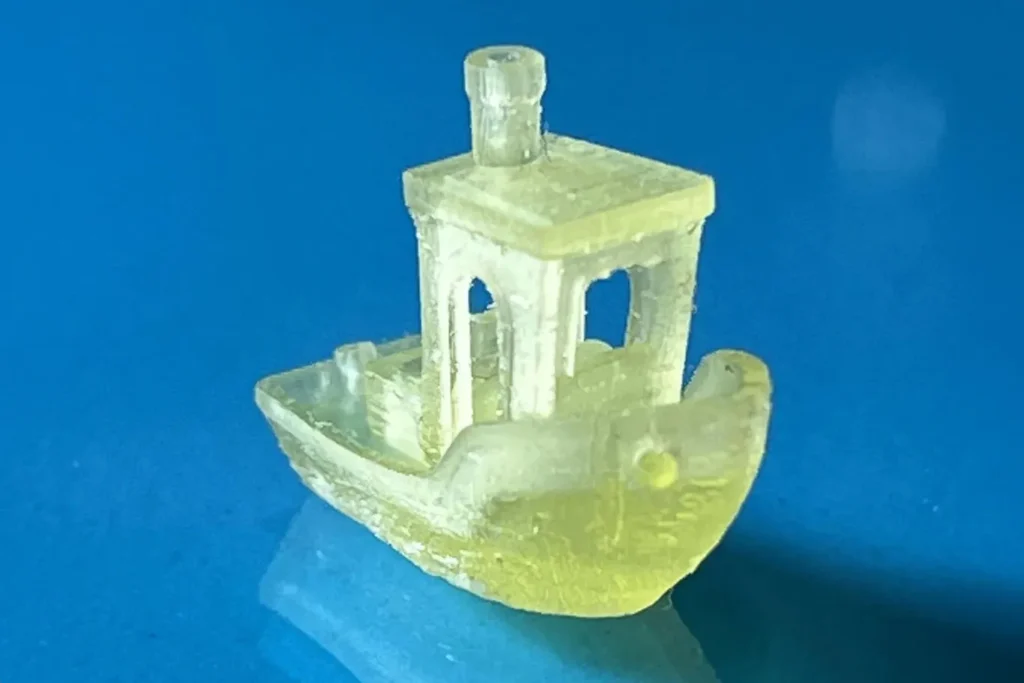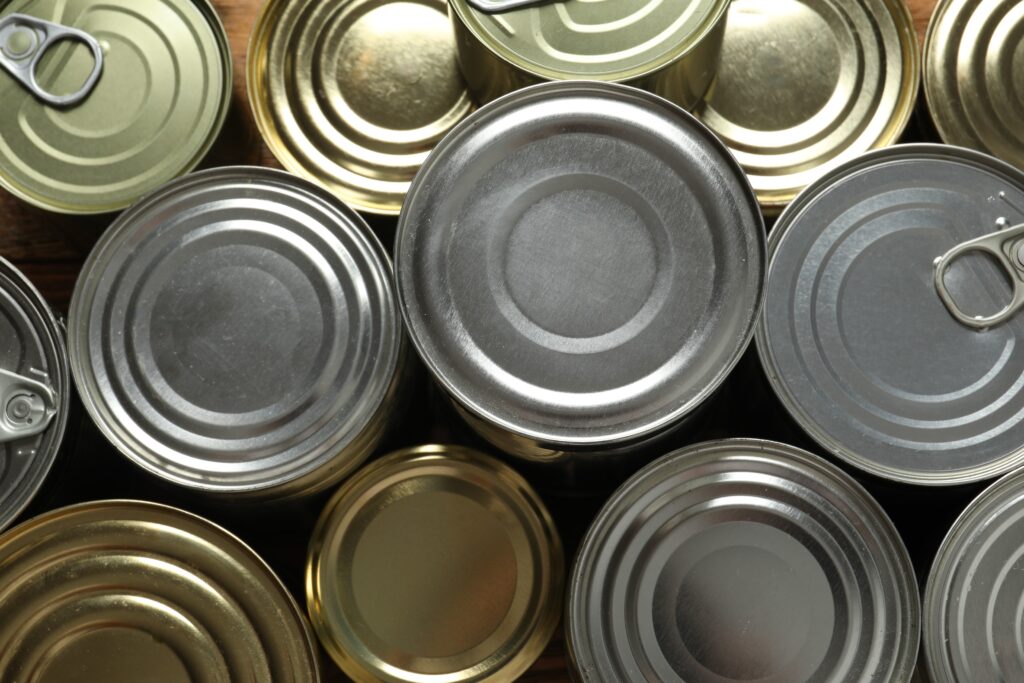Designed to be used as an alternative to existing 3D printing resin, which usually relies on epoxies or acrylics made from mostly petrochemical feedstock, the new resin is made from lipoic acid, a naturally occurring fatty acid molecule, commonly sold as a dietary supplement.
The recyclability of conventional resins is said to be limited, because they rely on irreversible bonds created when the resin cures and hardens, which poses challenges when the material needs to be recycled.
The resin designed by the Birmingham researchers can be printed, then broken back down to its constituent parts, recycled and reprinted, with the addition of a small amount of photoinitiator to maintain the material’s curable properties. The goal is for the 3D printed products to be recycled in an almost fully closed-loop system.
Possibilities for many industries
The researchers who invented the resin were led by Professor Andrew Dove from Birmingham’s School of Chemistry.
They have shown the resin can complete two ‘recycles’, and anticipate further recycling is possible, meaning the material could be used in sustainable packaging, industries that do rapid prototyping, optical and electronic devices, construction and architecture or fashion and jewellery.
University of Birmingham Enterprise has filed a patent application covering the composition of the resin, and its use in 3D printing, and is now seeking to licensing or co-development partners.










Subscribe for free